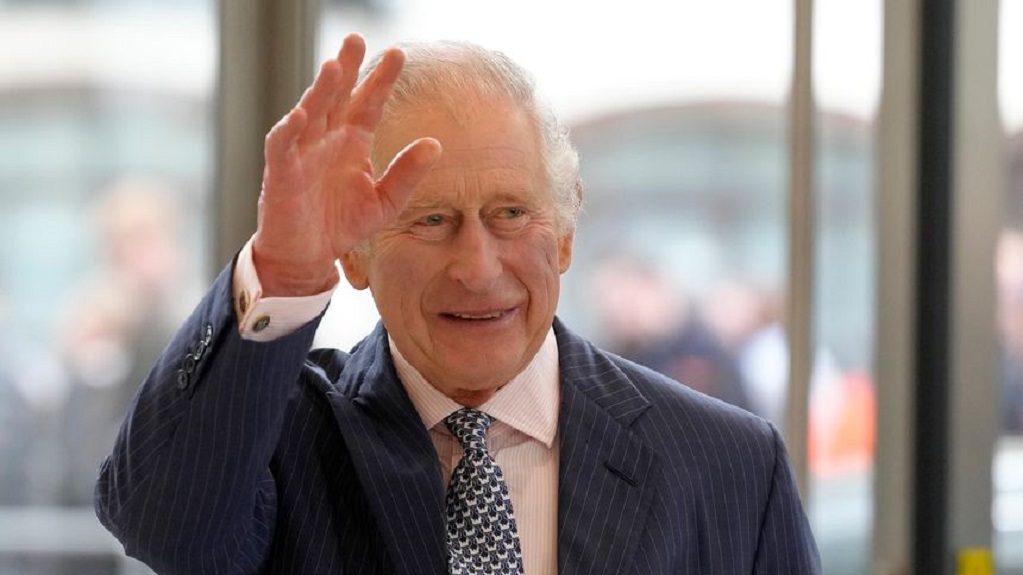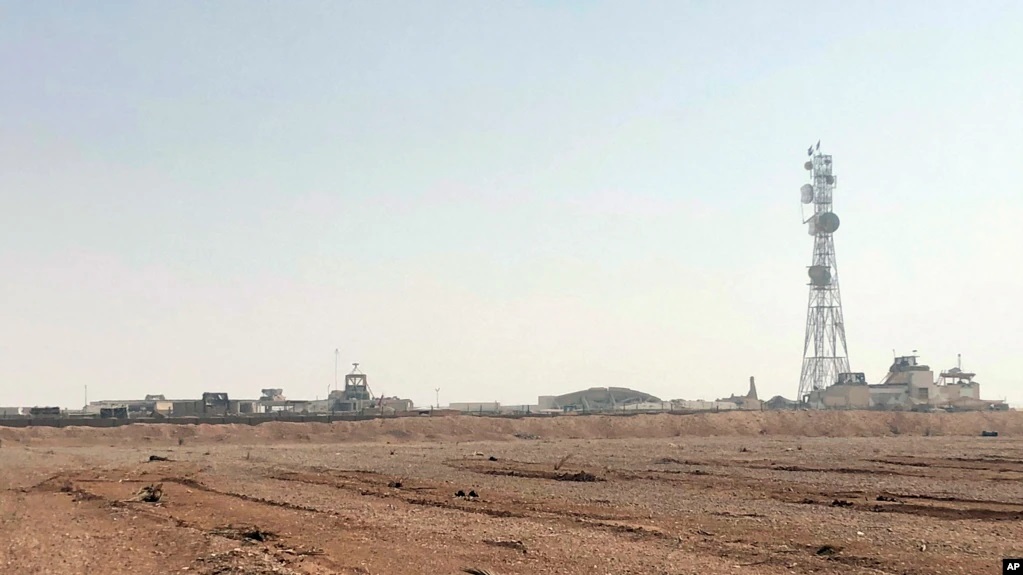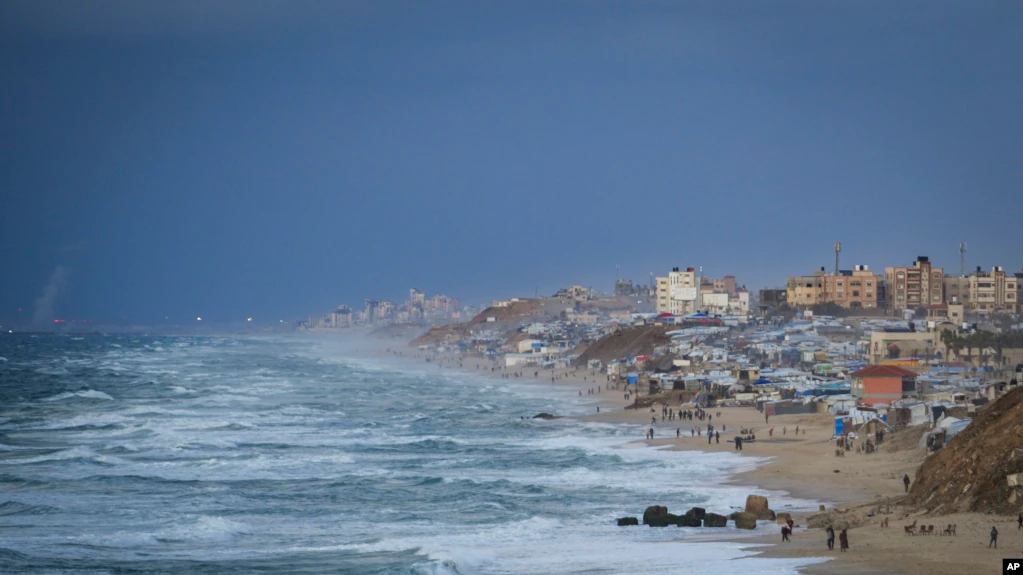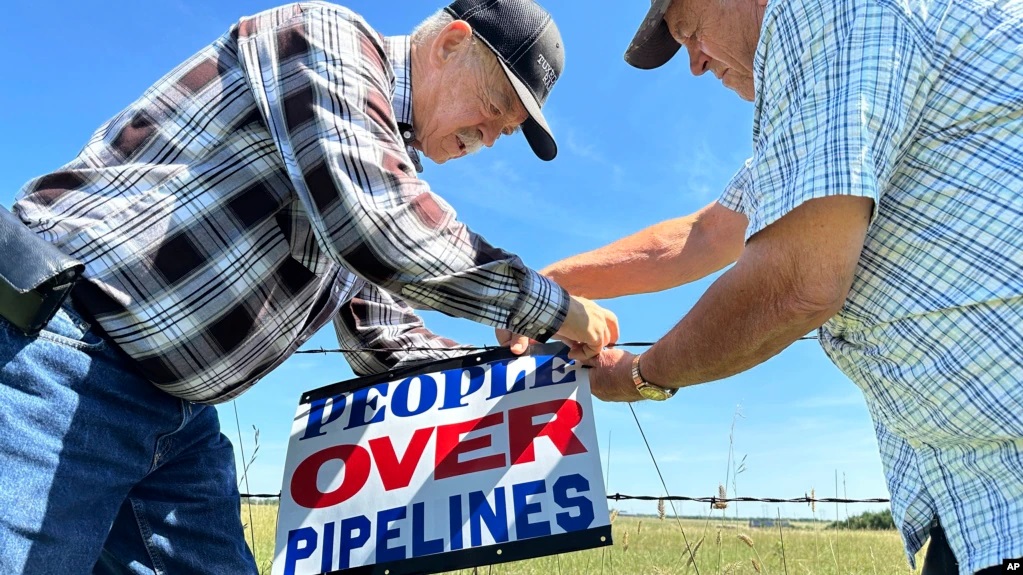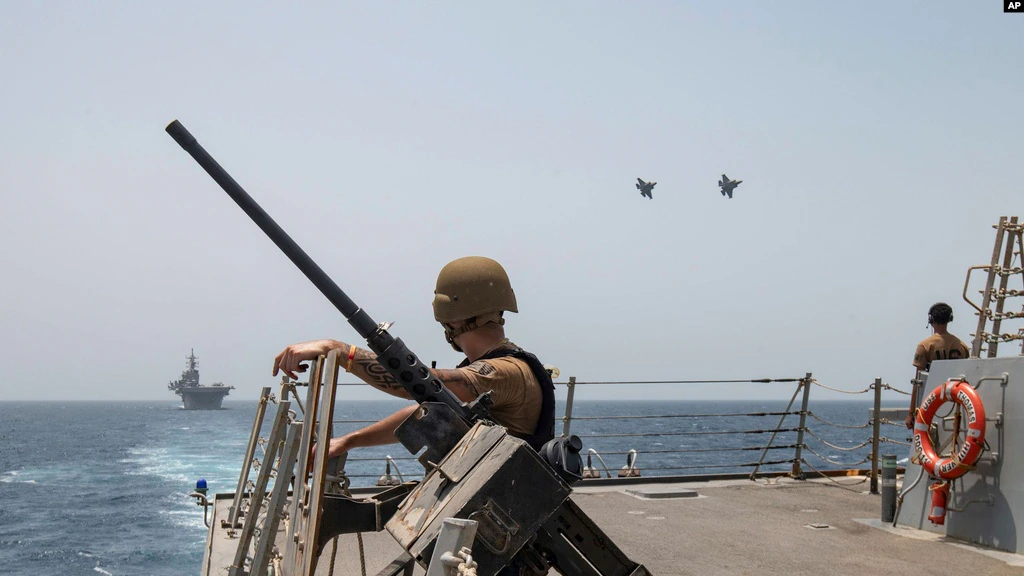Pakistani President Denies Signing New Pro-Military Laws
Written by worldOneFm on August 21, 2023
ISLAMABAD — President Arif Alvi of Pakistan said Sunday that he has refused to sign into law two bills that critics say would undermine dissent and enhance authorities’ power to prosecute people for acts against the military and national security.
“As God is my witness, I did not sign [the] Official Secrets Amendment Bill 2023 & Pakistan Army Amendment Bill 2023 as I disagreed with these laws,” Alvi wrote on X, the platform formerly known as Twitter.
As God is my witness, I did not sign Official Secrets Amendment Bill 2023 & Pakistan Army Amendment Bill 2023 as I disagreed with these laws. I asked my staff to return the bills unsigned within stipulated time to make them ineffective. I confirmed from them many times that…
— Dr. Arif Alvi (@ArifAlvi) August 20, 2023
The Pakistani parliament passed the bills in question just before it was dissolved on August 9, when its official term ended. But the bills required the president’s signature to become law in line with the Constitution.
“I asked my staff to return the bills unsigned within [the] stipulated time to make them ineffective. I confirmed from them many times, that whether they have been returned & was assured that they were,” Alvi wrote.
“However, I have found out today that my staff undermined my will and command… But I ask forgiveness from those who will be affected,” said the president, who is also the commander-in-chief of the Pakistan armed forces.
Alvi’s statement suggested that one of his staff officers might have forged his signature.
Legal experts said the presidential revelation was a setback to the powerful military and would likely plunge the nuclear-armed South Asian nation into a new constitutional crisis.
According to the constitution, the measure will become law if the president doesn’t sign the legislation or return it with his observations or objections within 10 days after it has been through the two houses of Pakistan’s parliament.
In response to the president’s comments, the Ministry of Law and Justice disputed his assertions and accused him of “purposely” delaying the approval of the bills.
“It is a matter of concern that the president has chosen to discredit his own officials. The president should take responsibility for his own actions,” said the ministry in its statement.
The bills Alvi referred to in his statement make it a criminal offense to reveal information detrimental to the security and interests of Pakistan or its armed forces. They also empower intelligence agencies to conduct raids and detain civilians even based on suspicion of legal breaches.
Independent critics and the opposition Pakistan Tehreek-e-Insaf, or PTI, party of jailed former Prime Minister Imran Khan rejected the laws immediately after the parliament passed them. They voiced concern that the new legislation would undermine civil liberties and further empower the military to suppress dissent under the pretext of national security.
Farhatullah Babar, a former Pakistani senator and harsh critic of the military’s meddling in politics, hailed Alvi’s unexpected announcement.
“OMG, in less than 100 words tweet @ArifAlvi did what no one could do in [the] last decade. Atomic bomb exploded. Besides immediate annihilation of many, its lethal radiations will continue to kill & maim in years ahead,” Babar wrote on X, evidently directing his sarcasm at the military. “No matter what happens now, Alvi earns deep respect of many,” said Babar, a mainstream Pakistan People’s Party leader.
On Saturday, the federal investigation agency arrested Shah Mahmood Qureshi, who is standing in for Khan as the PTI leader. Citing the amended law, the agency accused him of exposing official secrets and harming state interests while serving as the foreign minister under Khan’s government.
Alvi was a key PTI leader before being sworn in as the president in 2018, when his party won the elections and formed a coalition government, with Khan as prime minister.
Khan, who is serving a three-year prison sentence in the eastern Punjab province after his conviction on graft charges, has also been interrogated for his alleged role in disclosing official information.
The 70-year-old former cricket star denies any wrongdoing, saying all cases against him are politically motivated.
Khan was removed in April 2022 through a parliamentary no-confidence motion, less than four years into office. He has since accused the military of orchestrating the toppling of his government in collaboration with his political rivals at the behest of the United States, charges Washington and Islamabad have rejected.
An ongoing nationwide crackdown on the PTI has led to the detention of thousands of its supporters, with more than 100 facing trials in military courts for attacking army installations during anti-government protests last May.
The deposed prime minister, who remains the most popular politician in Pakistan according to public polls, alleges the crackdown and controversial legislation are aimed at crushing his party, the country’s largest political force.
Pakistan installed a caretaker government a week ago when then-Prime Minister Shehbaz Sharif, who succeeded Khan, dissolved the government and parliament after their mandated terms were completed.
Under the constitution, new caretaker Prime Minister Anwaar-ul-Haq Kakar, believed to be a close ally of the military, and his cabinet, are tasked only with overseeing elections due to be held by mid-November and managing day-to-day affairs until a new government is elected.
Critics say a slew of legislation rushed through parliament during the final weeks of the Sharif government has empowered the new caretaker administration to make policy decisions. That, in turn, has led to allegations the military wants to manage Pakistan through Kakar for a more extended period and does not intend to hold elections within the 90-day constitutional limit.
The military has directly ruled Pakistan for nearly half of its 76-year history by staging coups against elected civilian governments. According to politicians and independent observers, generals continue to influence policy-making matters even when they are not in power.

